History Supports Ahmadiyyat Part 4: Timeline of Scholars with Ahmadi Views on Finality of Prophethood

Hazrat Imam Abu Ja’far Sadiq (702-765)

Hazrat Abu Ja’far, while discussing the Quranic verse: “For verily We granted the Book to the children of Abraham…,” said that God vouchsafed to the children of Abraham, Messengers, Prophets and Imams. But what is ironical is that people believe in what God blessed the children of Abraham with and yet they deny this blessing for the progeny of Muhammad.’ (Al-Saafi Sharah Asool Al-Kaafi, Part 3, Pg. 119)
Al-Ḥakīm al-Tirmidhī (750/760-869)


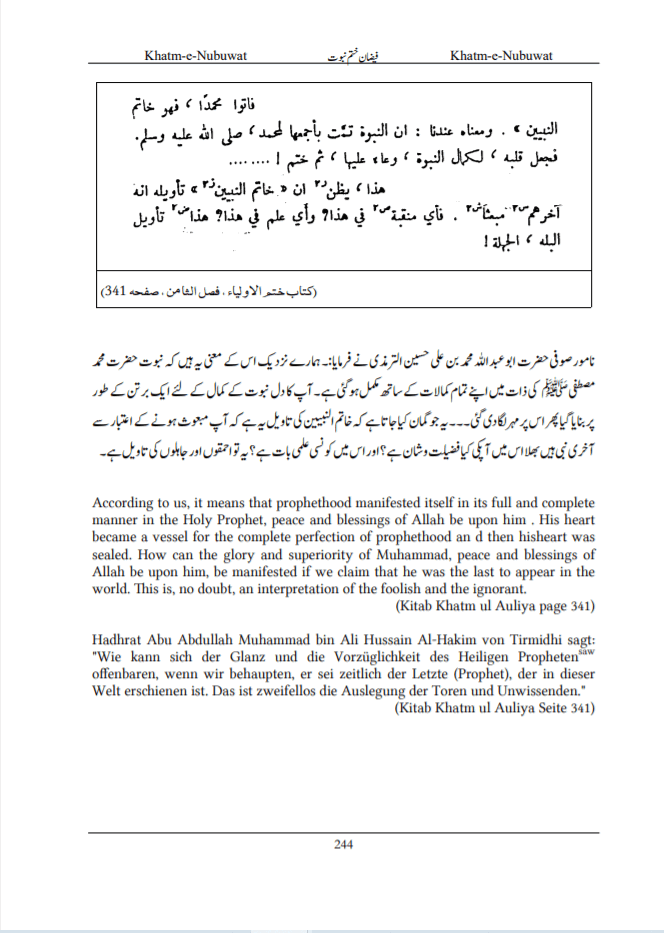
Imam Raghib - (Died in 1108)

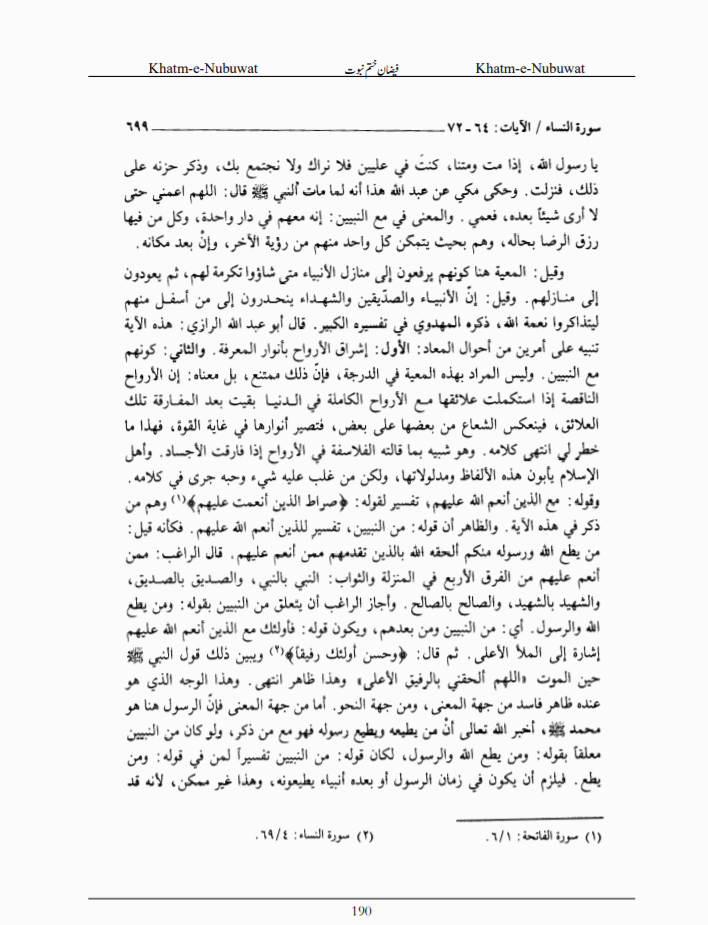
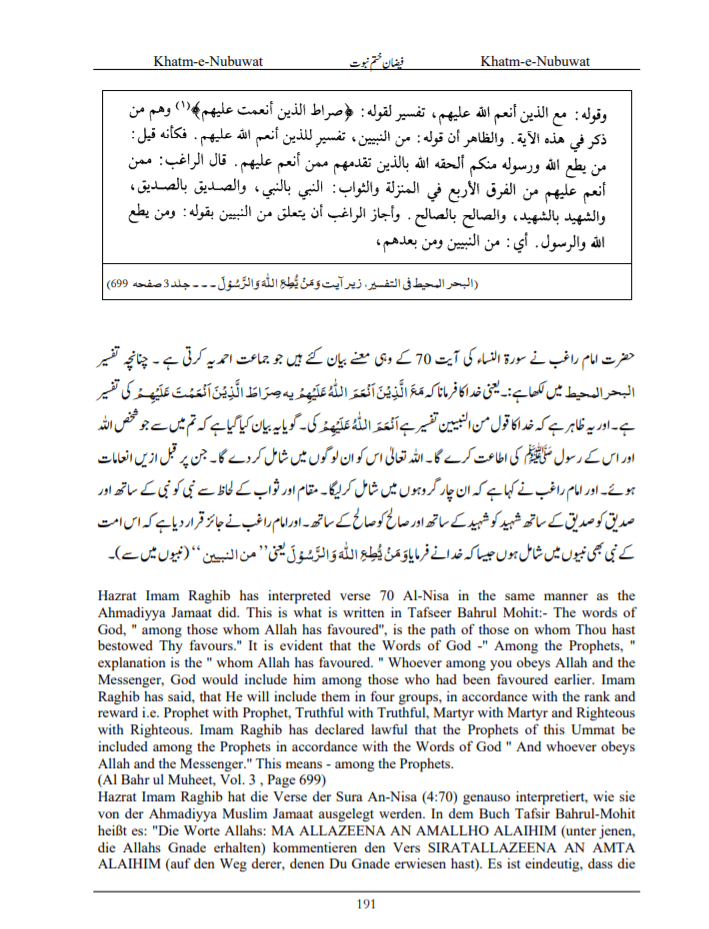
Abdur Qadir Jilani (1078 -1166)
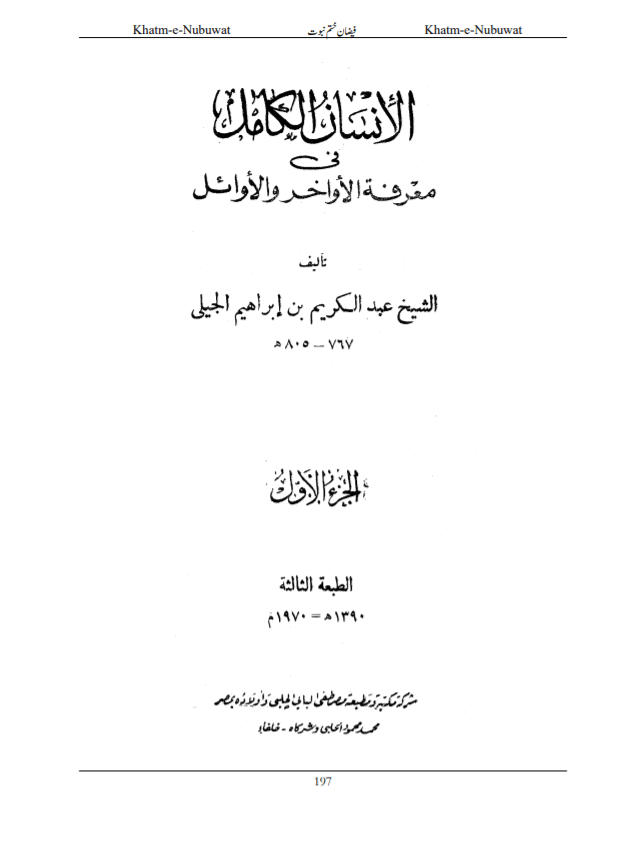
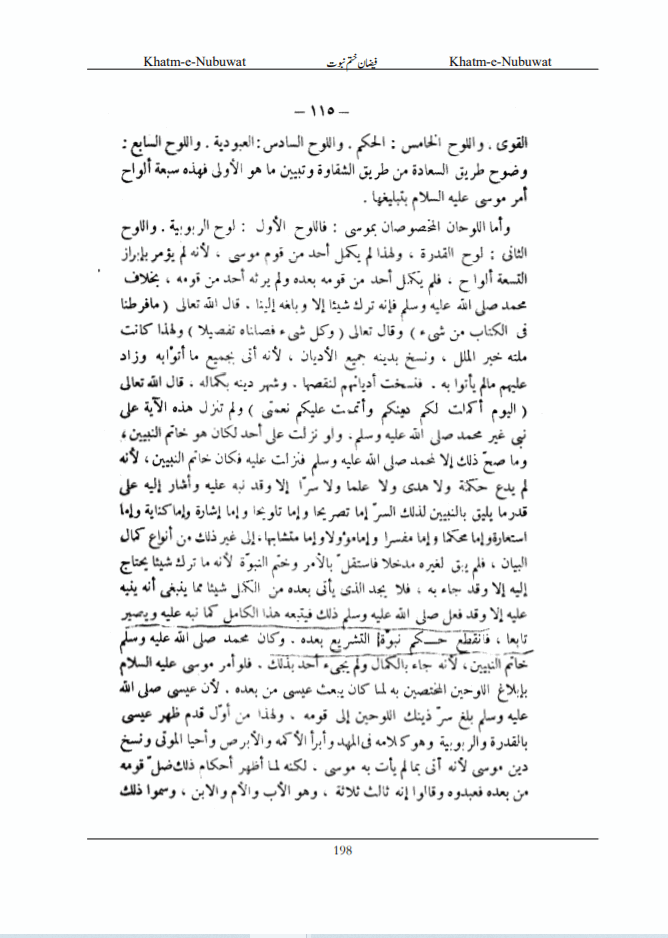
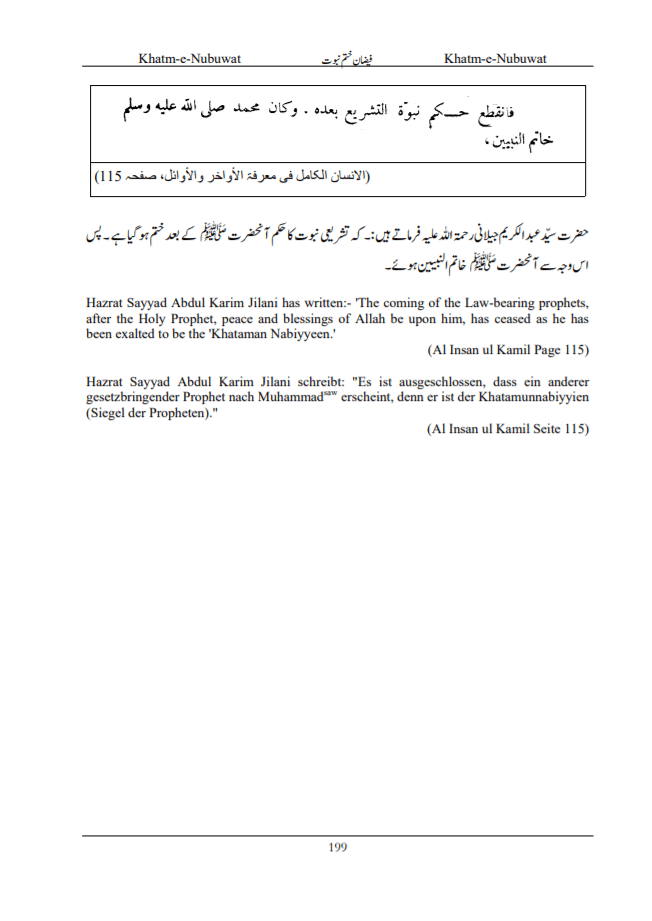
Ibn Arabi (1165 -1240)
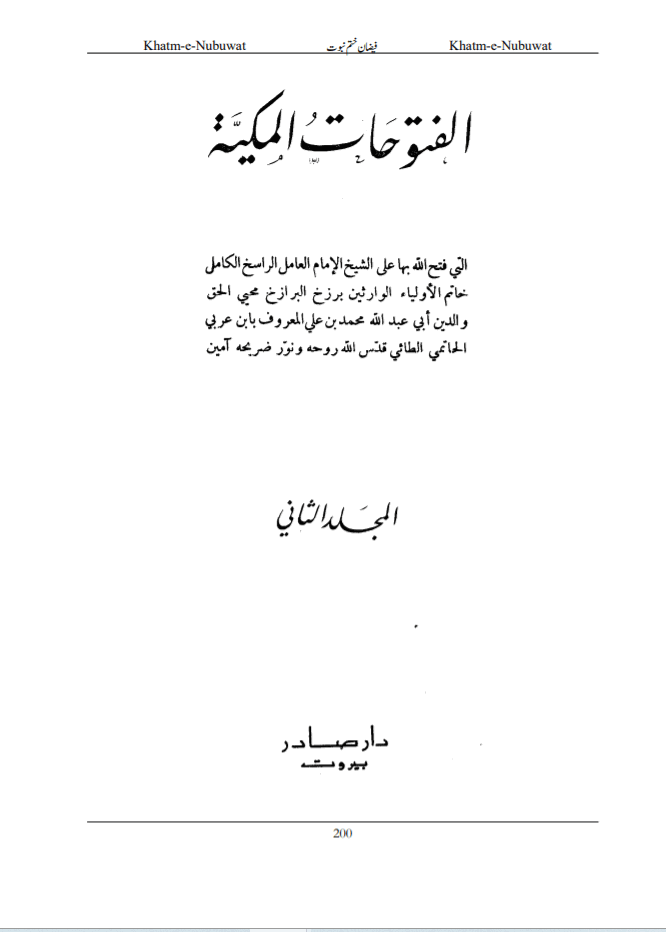
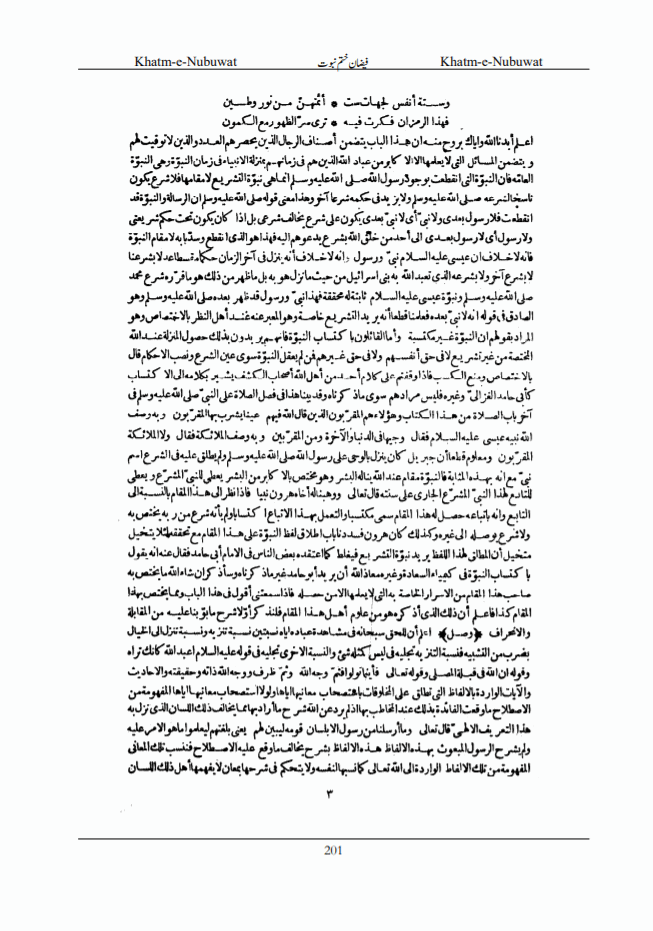
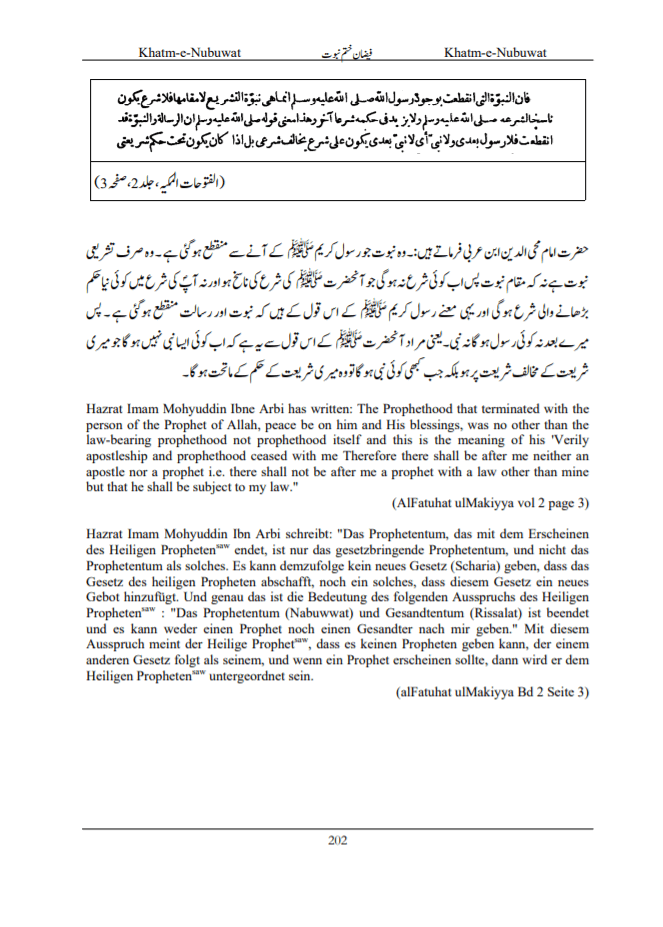
And:

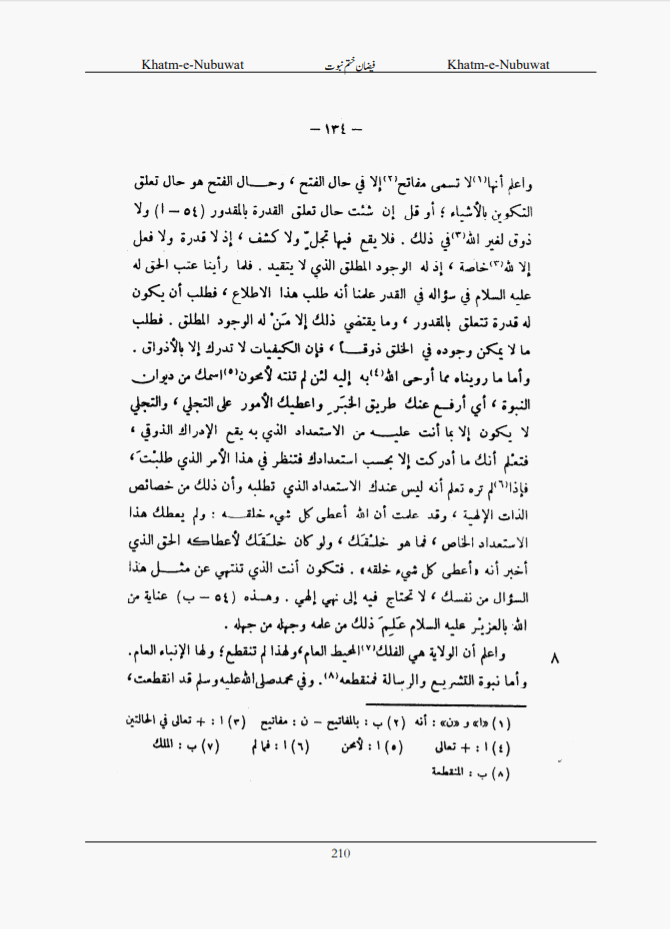
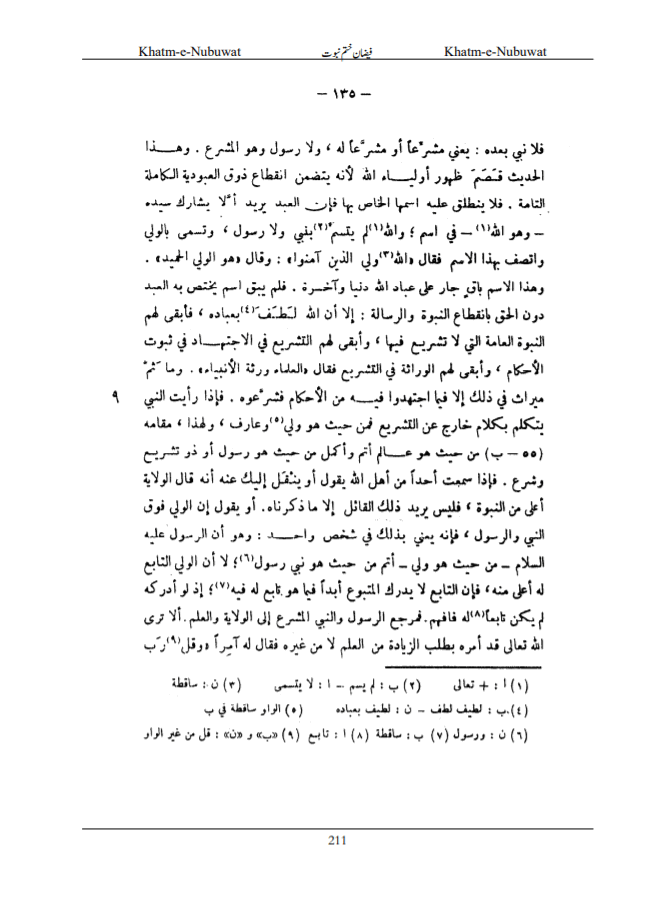

And:
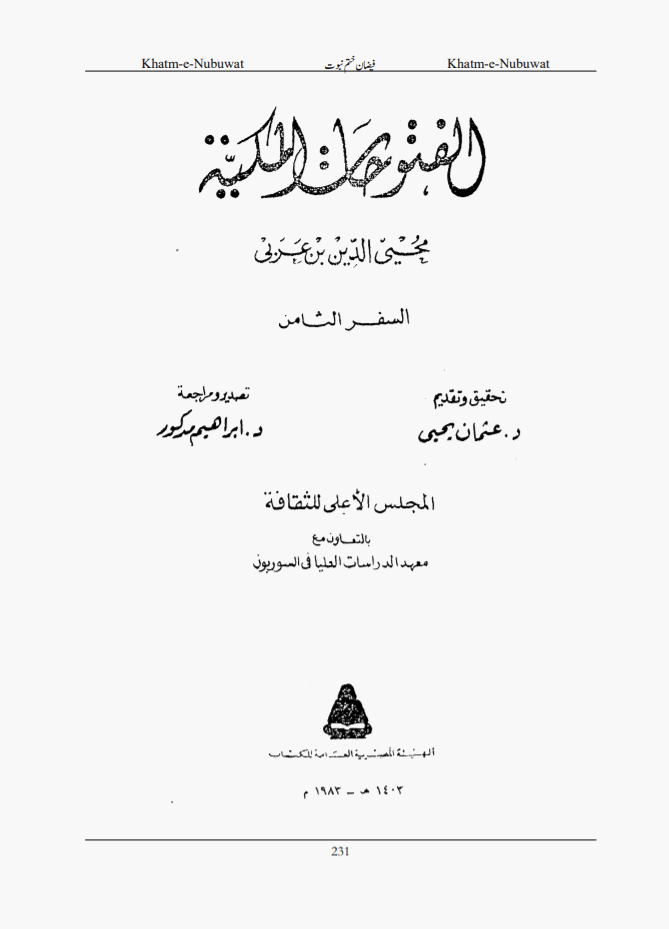
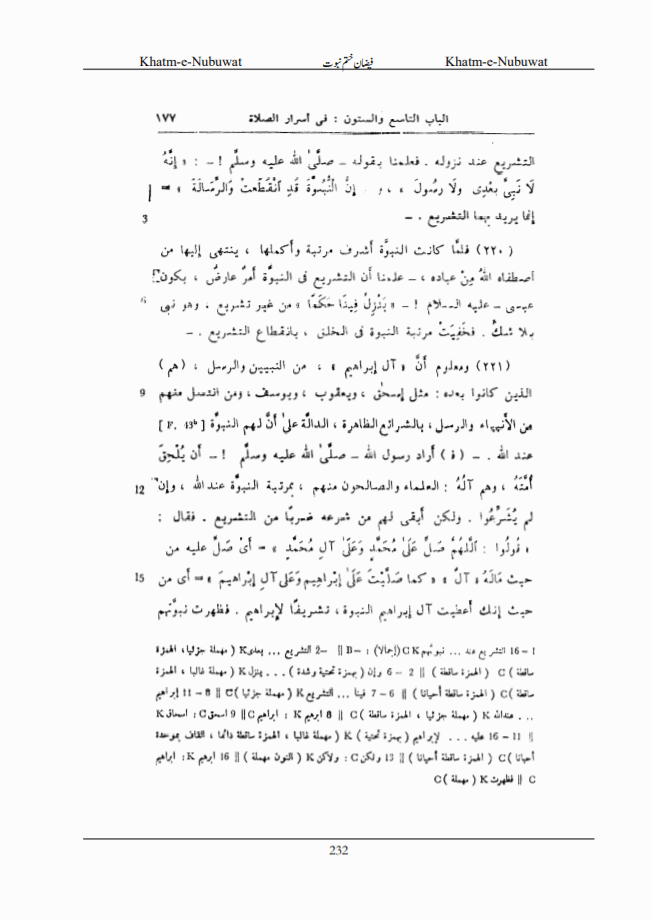
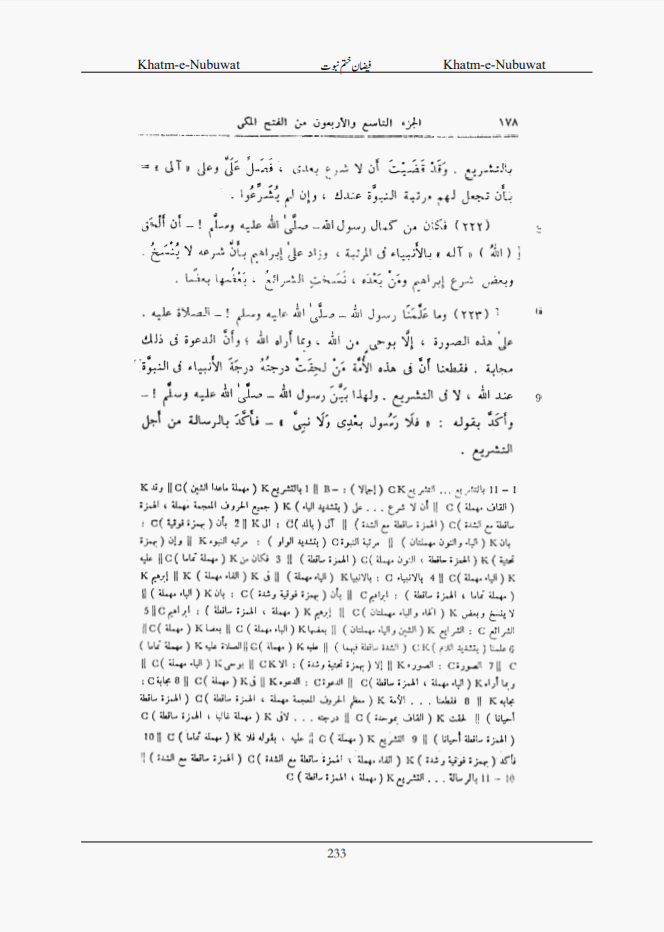
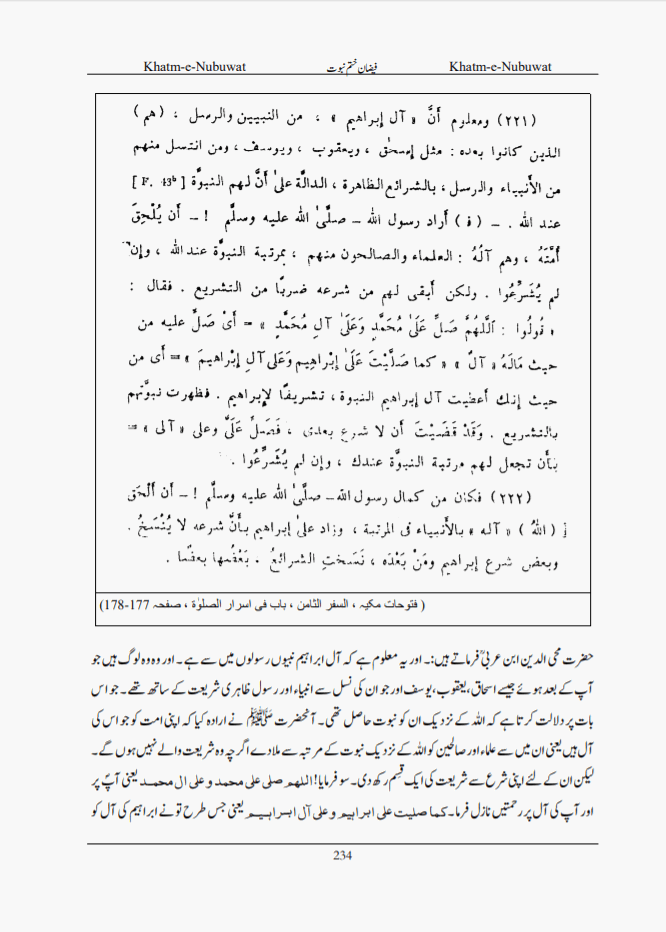
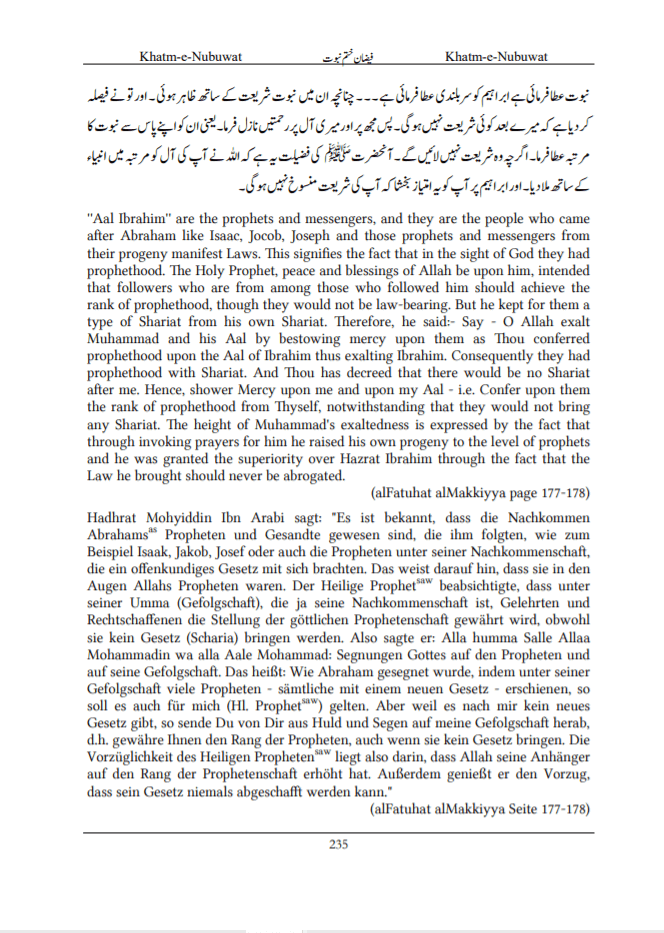
Maulana Rumi(rh) (1207-1273)

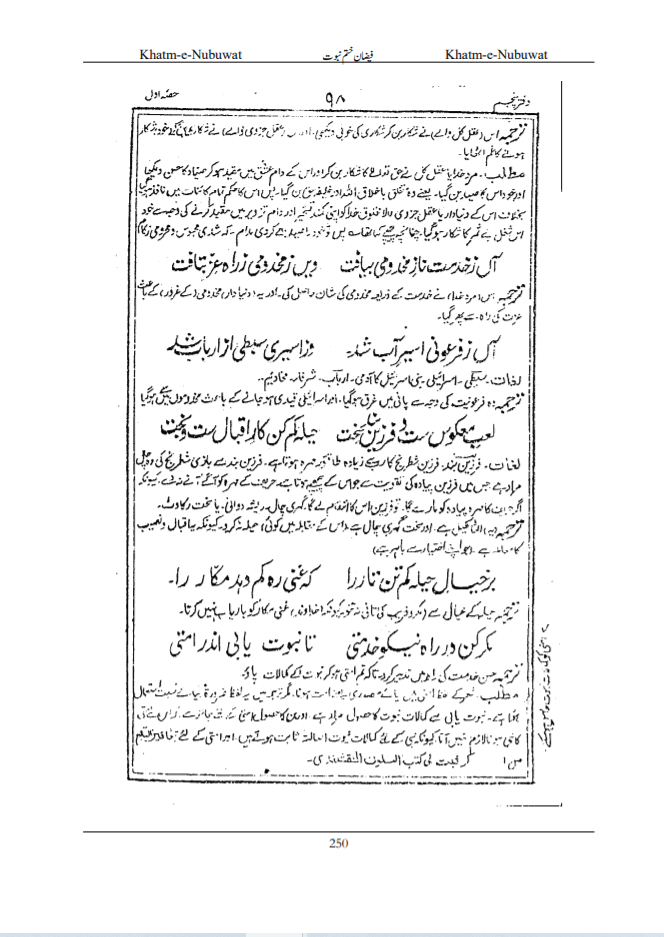
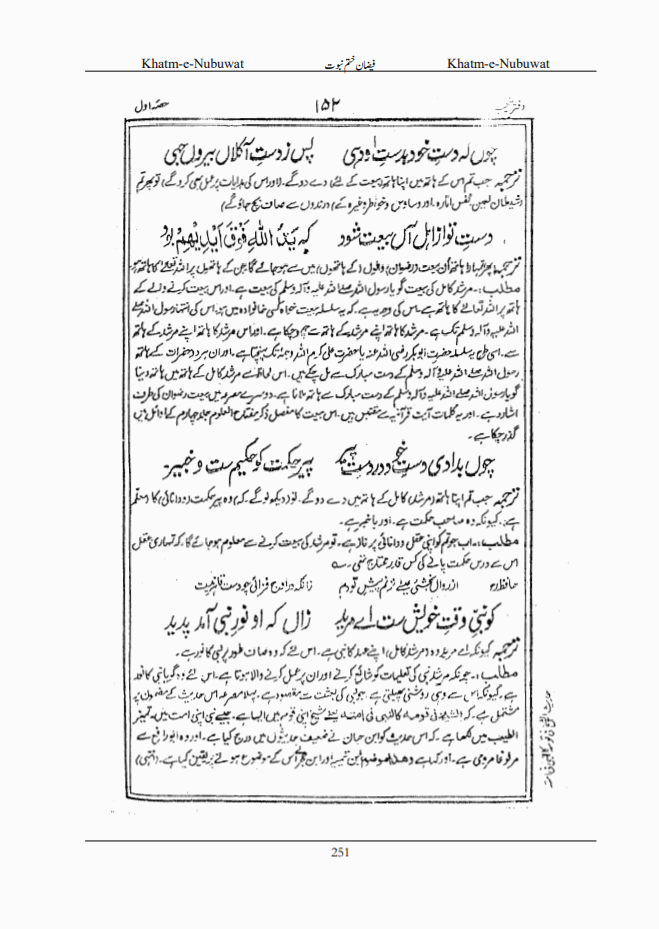
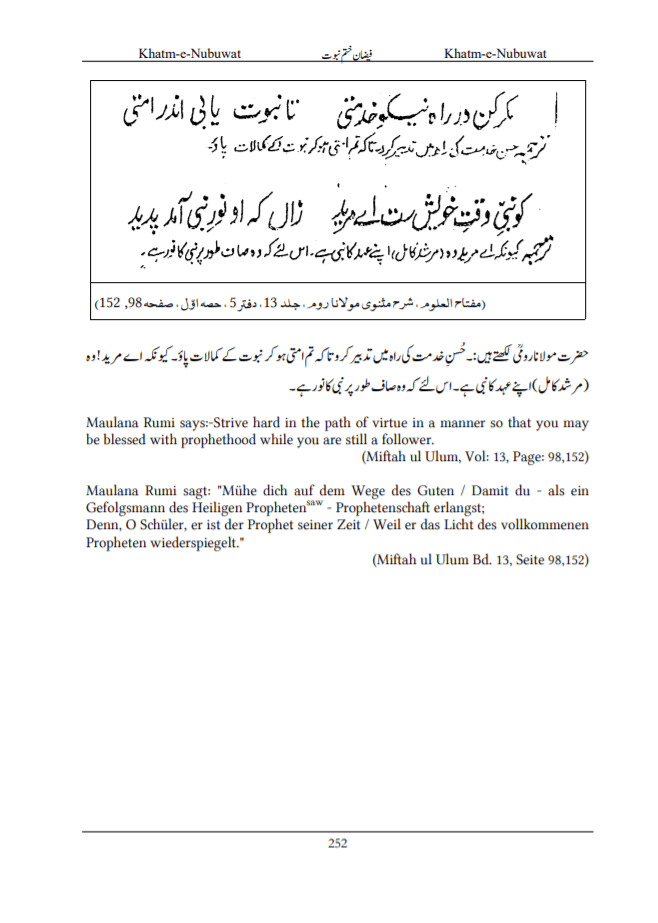
And:


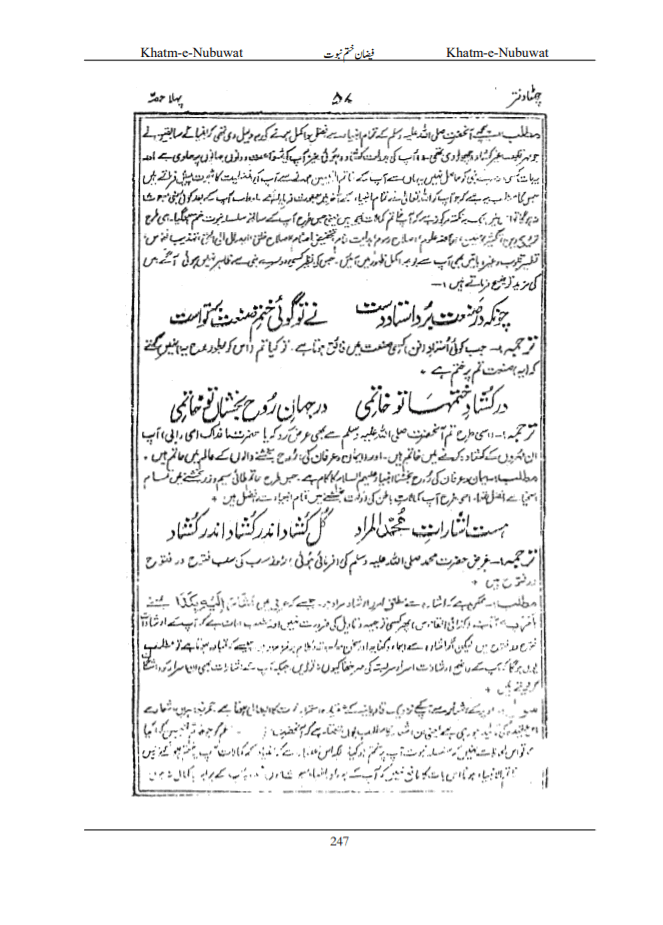
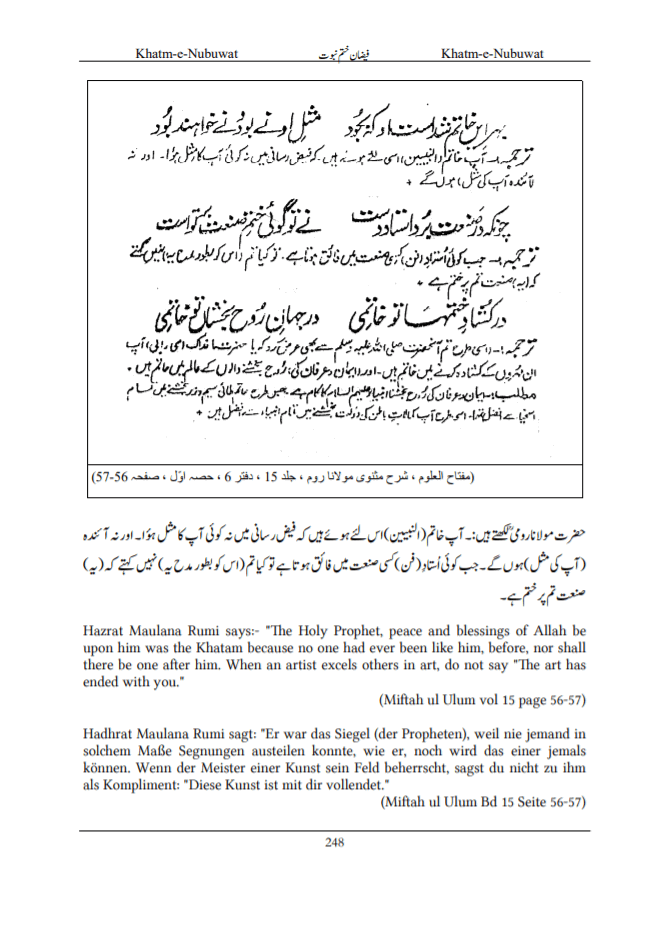
Hazrat Imām Ibn Taymiyya(rh) (1263-1328)
Imam Farhan Iqbal writes in his book regarding Hazrat Imām Ibn Taymiyya(rh):
To illustrate this, we use the example of Hazrat Imām Ibn Taymiyyarh, mujaddid of the 7th century of Islām. In the same book from which Farhan Khan quoted, that is, Book of Emaan: According to the classical works of Shaikhul Islām Ibn Taymiyya, translated by Dr. Muhammad Naim Yasin, Hazrat Imām Ibn Taymiyya discusses the descent of Jesusas as follows on Page 122:
Some Mu‘tazillah, and those who agree with them, have denied the veracity of those events by claiming that they are negated by the fact that Muhammad is the Last Prophet, something which the entire ummah of Muslims agree upon and to which there is ample evidence in the Qur’ān and Sunnah, as in Allāh’s saying that he is the Khātam Al-Nabiyyīn, and the Hadīth in which the Messenger of Allāhsa said, “There will be no Prophet after me”. But this is a corrupt deduction. The descent of Jesus does not mean that he will bring with him a new Message and Law that will annul our sharī‘ah, which all Muslims agree is the final Law valid until the Day of Judgment. Nothing to this effect is found in the Ahadeeth or anywhere else. Indeed, the Ahadeeth tell us that Jesus will come on earth to rule justly by the sharī‘ah of Islām, reviving its aspects which have been neglected by the people. 227
In the above quotation, Hazrat Ibn Taymiyya interprets the words, “There will be no prophet after me,” exactly how the Ahmadī Muslims do. He says that this statement only means that the latter day Messiah will be a subordinate prophet without a new message or a new law that abrogates the law of the Holy Prophet Muhammadsa. Regarding the correct personality – whether he is ‘Īsāas of the ‘Īsrāelites or another person bearing spiritual resemblance with ‘Īsāas – Hazrat Imām Ibn Taymiyya could not have decided that because he did not see the way the prophecy was fulfilled. In fact, this is something that none of the mujaddidīn could have decided because this prophecy did not come to pass in their lifetimes. Due to this reason, they also cannot be held responsible for holding this opinion. Instead, we are the ones who are responsible in the Eyes of Allāh, the Exalted, because in our time, a person has claimed to be that Messiah and he has shown very clear and powerful signs of his truth and that person is Hazrat Mirzā Ghulām Ahmad Qādiānī as!
227 He quotes from Sarh Al-Nawawī ‘alā Sahīh Muslim, Volume 18, Pages 75-76
Al Suyuti (1445-1505)
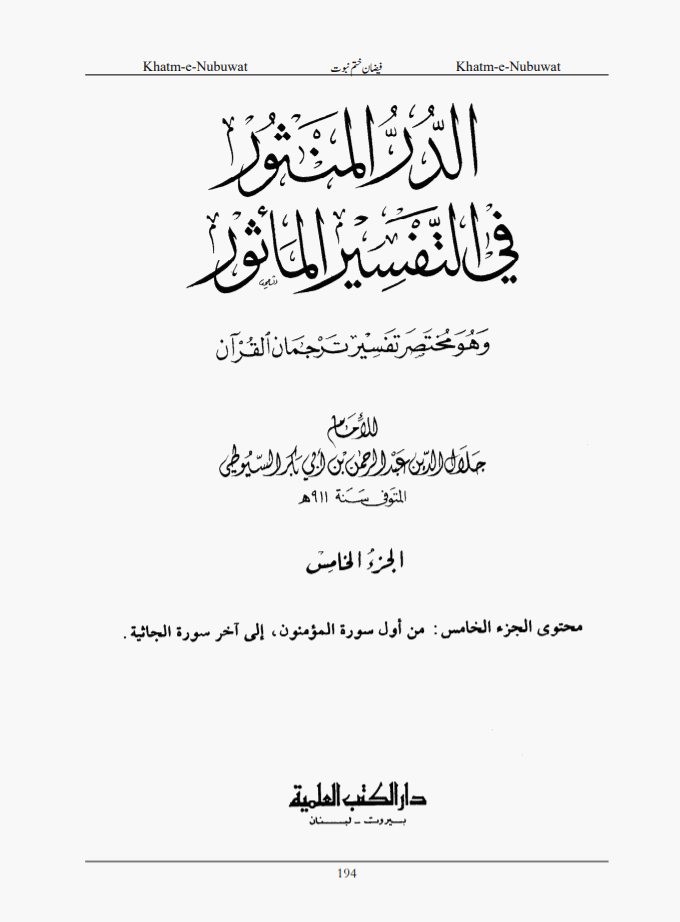
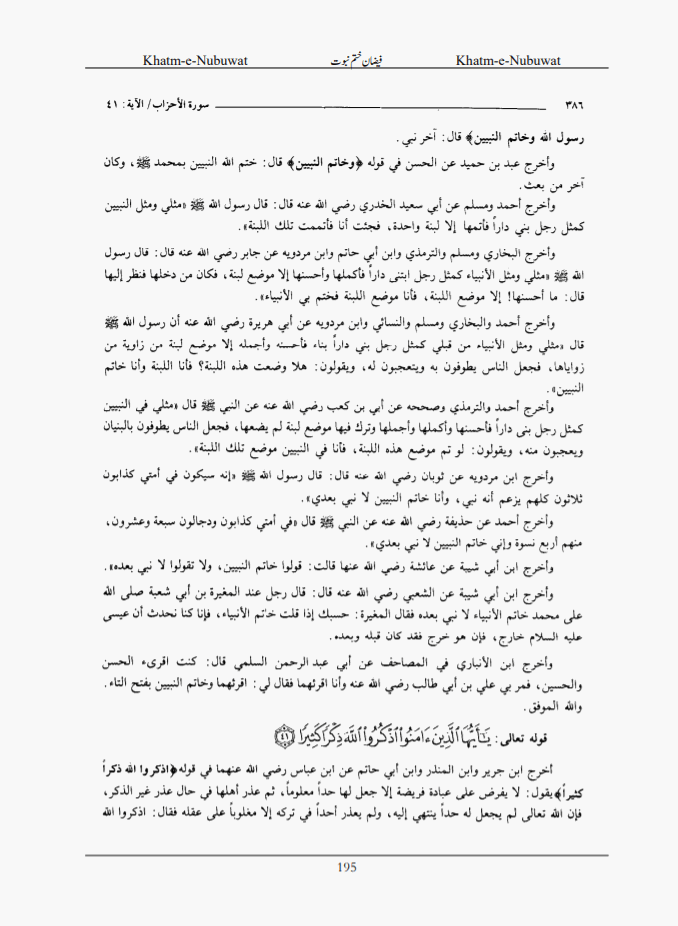
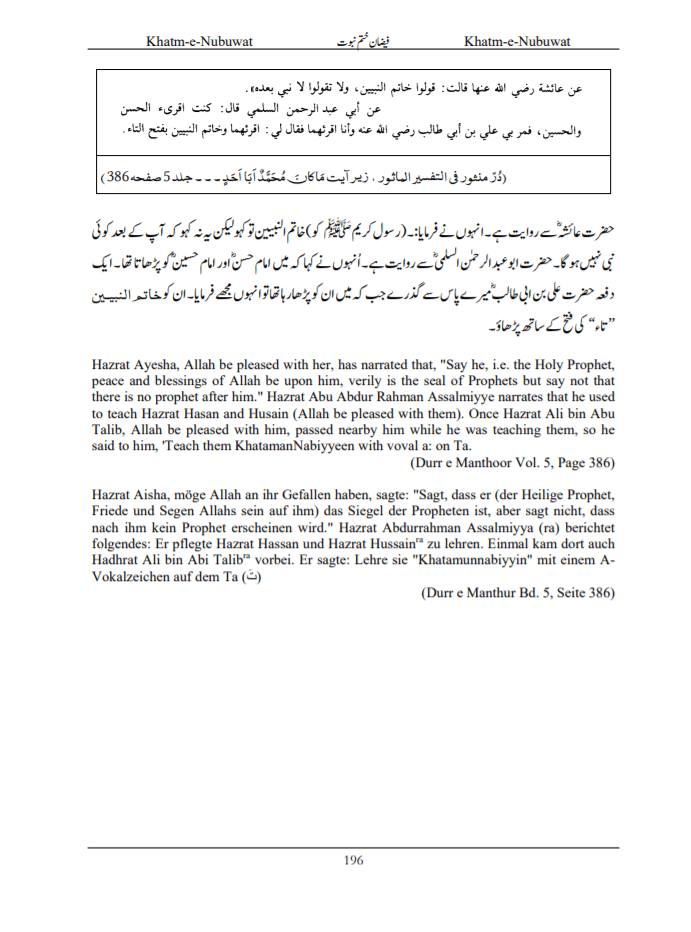
Abd al-Wahhab al-Sha'rani (1493-1565)
He was an Egyptian Shafi'i scholar and mystic and founder of an Egyptian order of Sufism
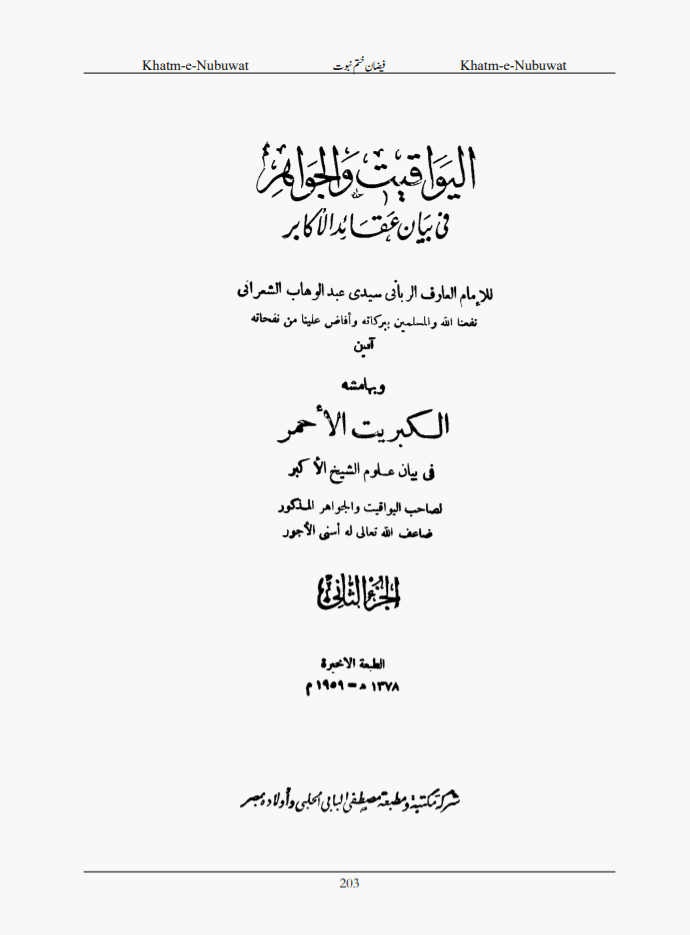
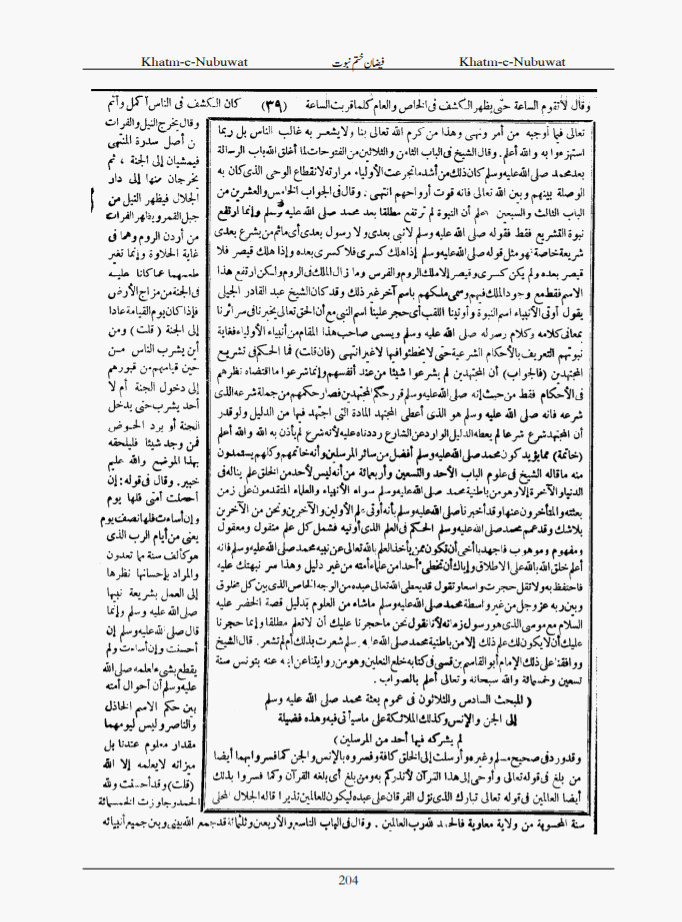
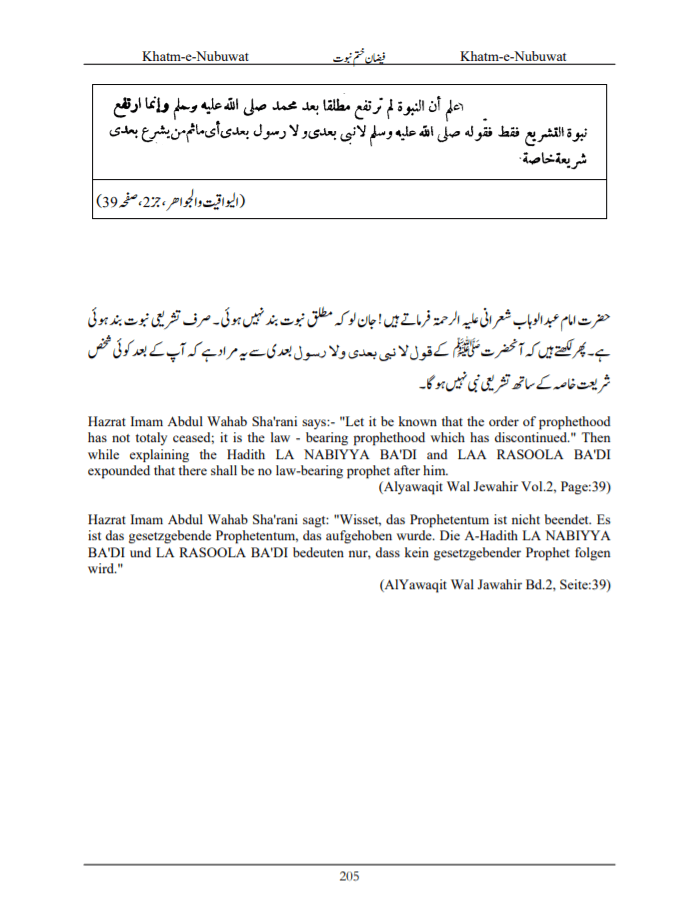
Ahmad al-Fārūqī al-Sirhindī (1564-1624)
Hadrat Sheikh Ahmad Faruqi Sirhindi (died 1034 AH), who is a recognized authority among the different sects of Ahle-Sunnat (Hanafi, Deobandi, Barelavi). In his Maktubat, he states:

Following the advent of Hadrat Muhammad, the Chosen One, the Seal of the Prophetssa, the attainment of the attributes of prophethood by his followers as subordinate or by way of inheritance, will in no way conflict with his status as the Seal of the Prophets. So do not be amongst the doubters. (Maktubat Imam Rabbani, Book 1, Maktub no. 301, vol. 5, p. 141)
Shah Waliullah Dehlawī[rh] (1703 - 1763)
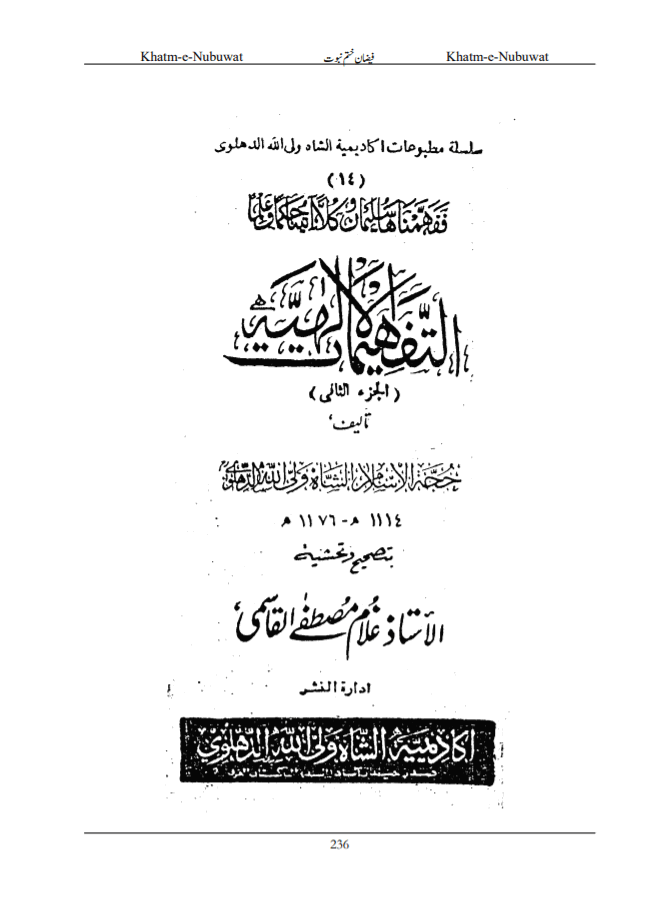
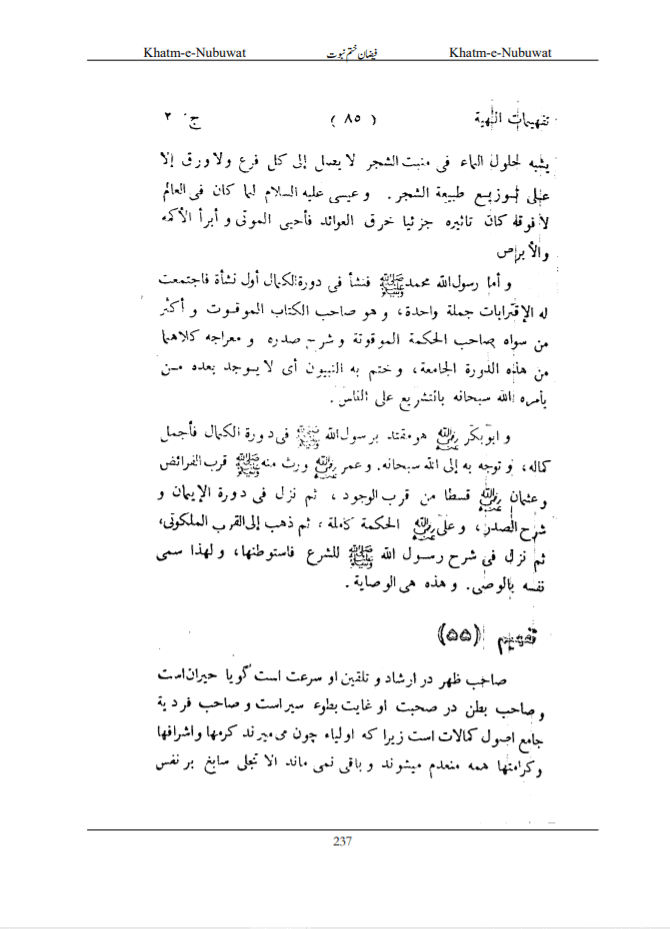
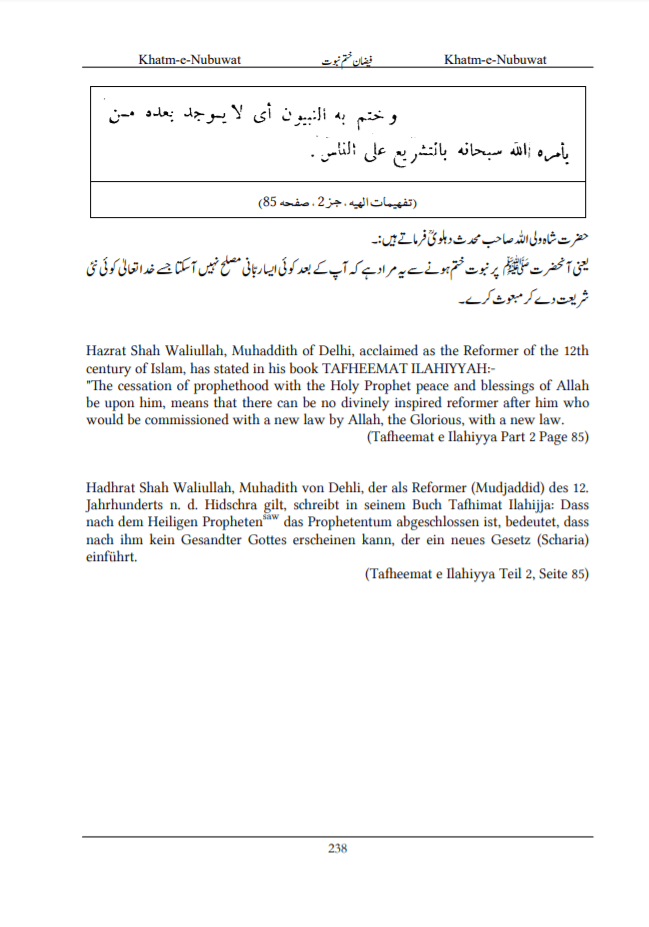
Abū al-Thanā’ Shihāb ad-Dīn Sayyid Maḥmūd ibn ‘Abd Allāh al-Ḥusaynī al-Ālūsī al-Baghdādī (1802-1854)
He was an Arab Islamic Scholar and best known for writing Ruh al-Ma`ani, a tafsir (exegesis) of the Qur'an.
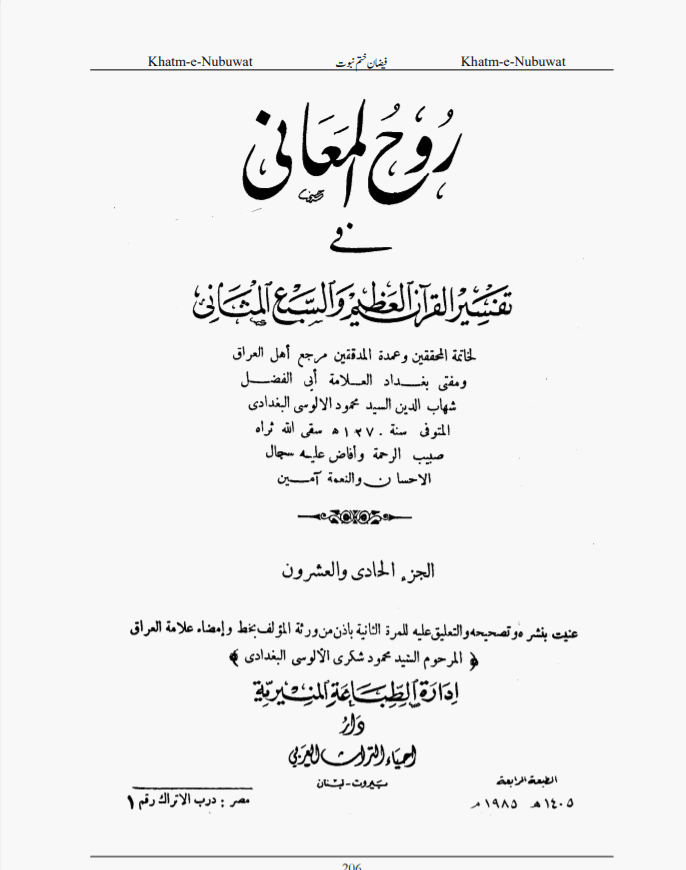

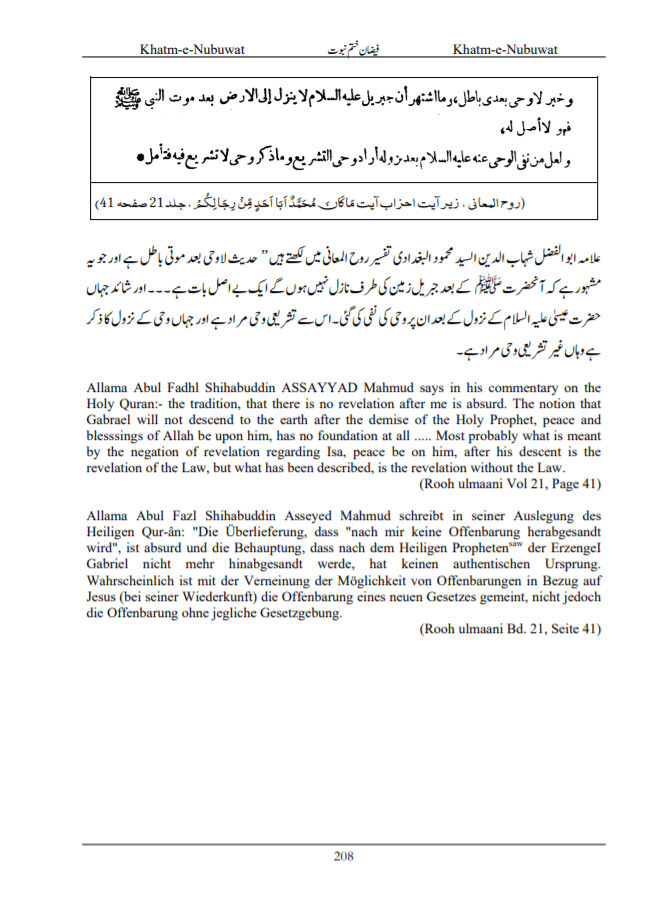
Nawab Siddiq Hassan Khan (1832-1890)
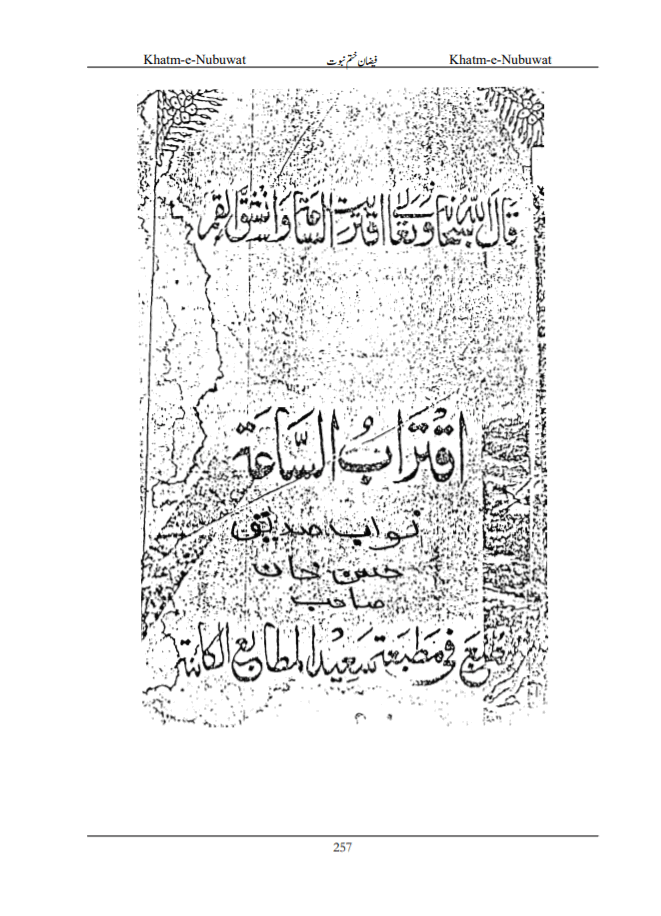

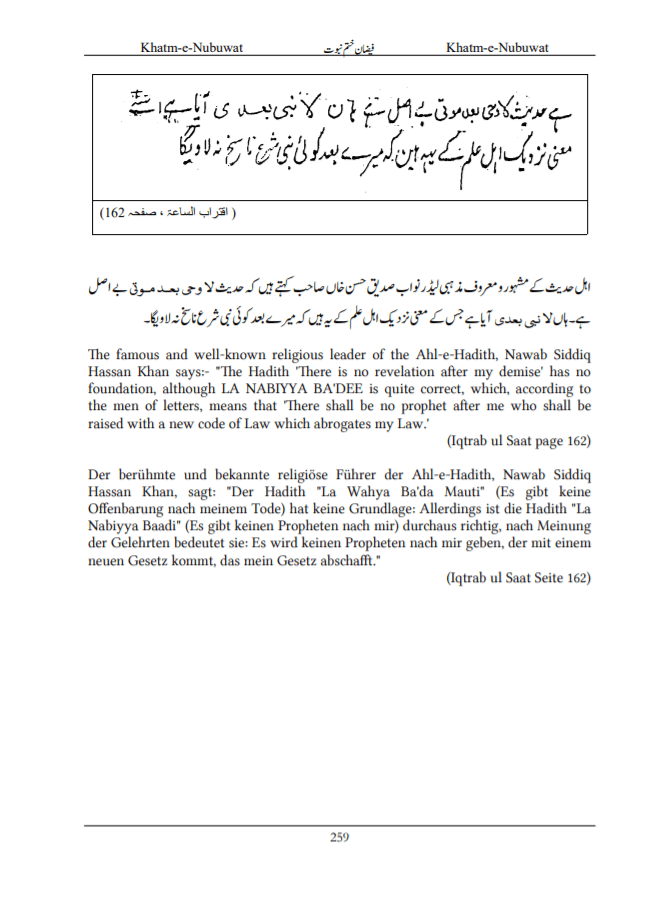
Maulavi AbulHasnat ‘Abdul-Hayee of Farang Mahal, Lucknow
A well-known scholar of the Barelavis, Maulavi AbulHasnat ‘Abdul-Hayee of Farang Mahal, Lucknow, expounding his view on Khatm-e-Nubuwwat, writes:
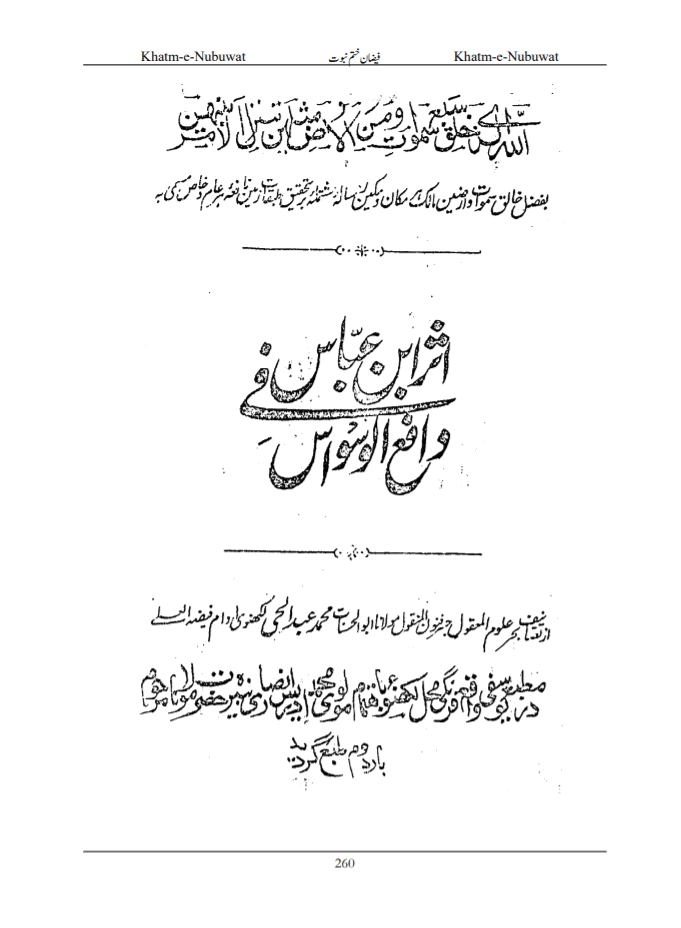
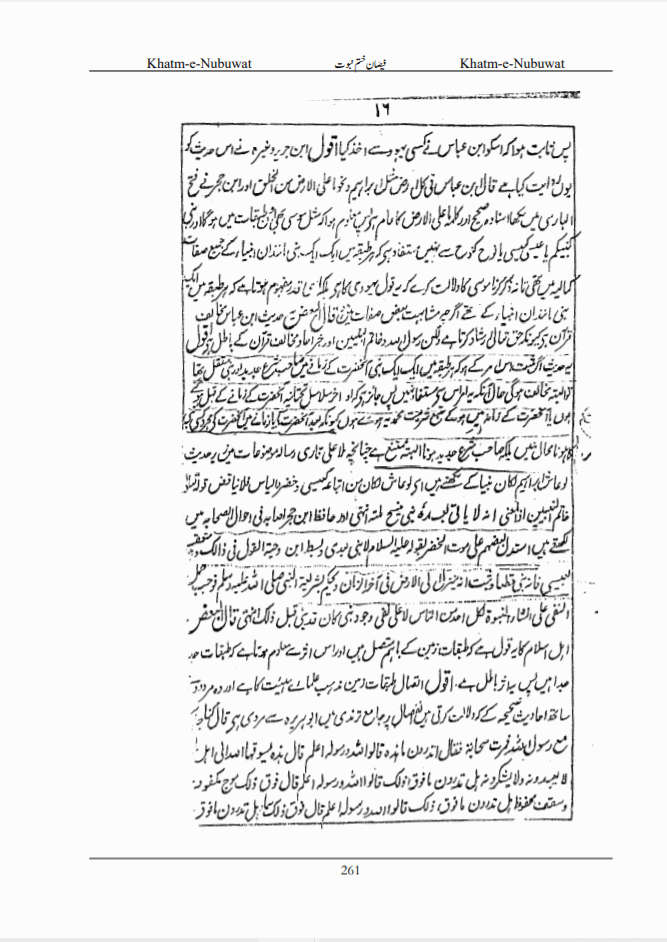
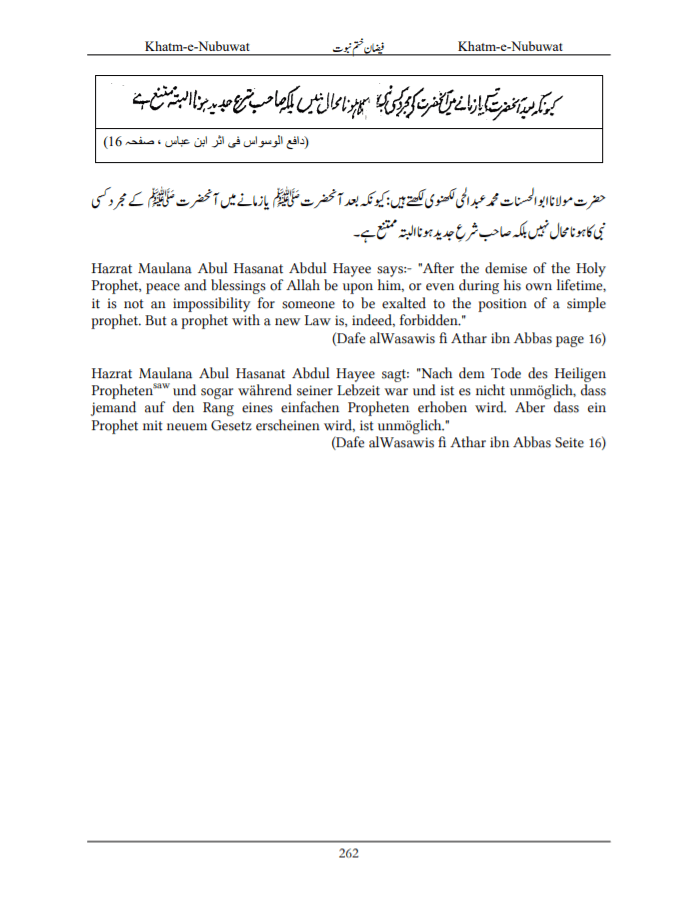
The advent of a mere Prophet after the Holy Prophetsa or in his era is not an impossibility. However, such a Prophet cannot be a bearer of a new law. (Dafi‘ul-Wiswas, p. 16)
The Maulana further asserts that it is not only his belief, but all the Sunni scholars have been making similar explanations:
Sunni scholars also explain that in the era of the Holy Prophetsa, there cannot be any law-bearing Prophet. His prophethood is universal and whichever Prophet will share the same era, he will be a follower of the law brought by the Holy Prophetsa. (Majmu‘ah Fatawa by Muhammad ‘Abdul-Hayee of Lucknow, vol. 1, p. 17)
